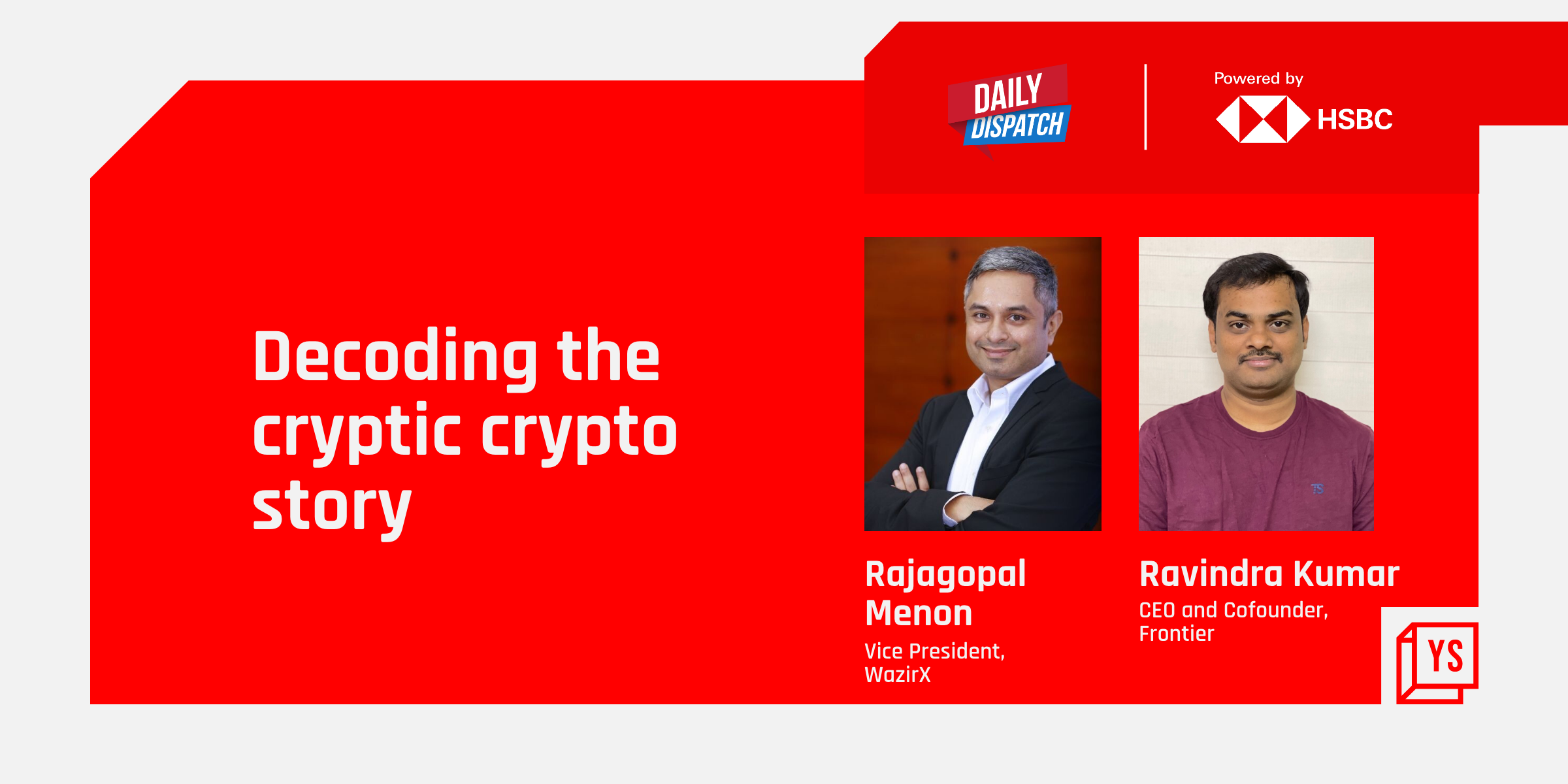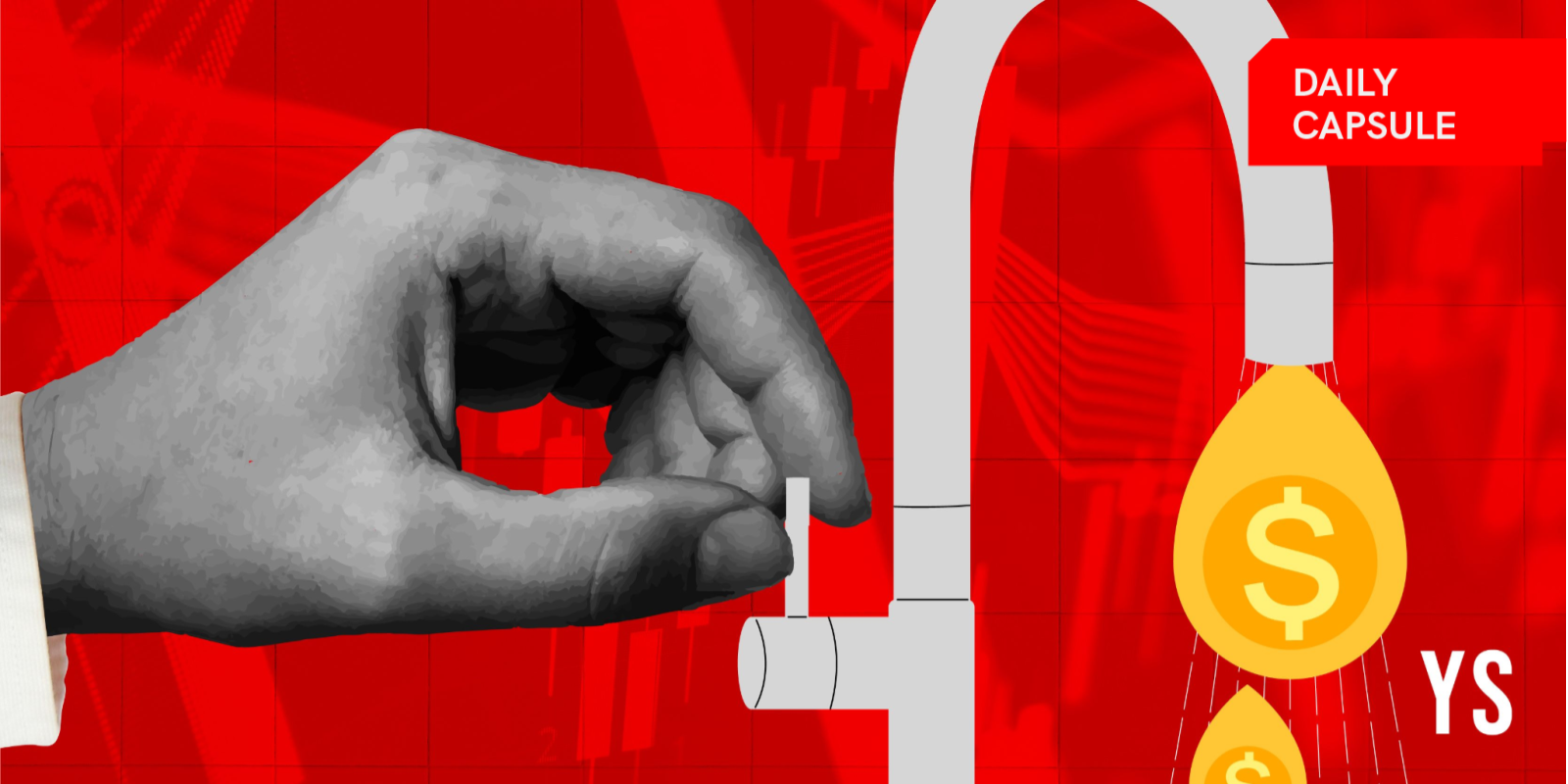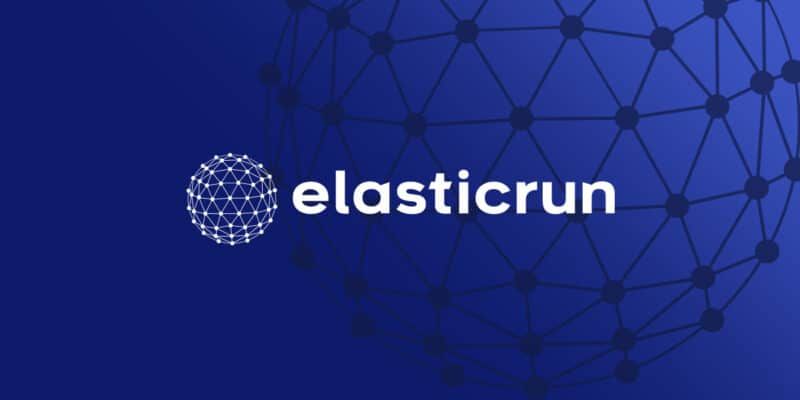Sourabh Sharma, Anoj Viswanathan, Mayukh Choudhury, Founders, Milaap
Friday November 19, 2010 , 6 min Read

“Enabling you to Better your world”
"Innovation in Microfinance"
Imagine a world where the the people from lower income groups like your gardener or driver can take a loan with no strings attached to educate their children, install a hand pump or to install a flush toilet in their house. It might sound a little unrealistic, utopian even but all this entails the vision of Milaap.
Milaap is an online social lending platform that enables individuals like you and me to directly make an impact at the bottom of the pyramid. Milaap empowers moneyed individuals like you to make social investments, to potentially better the lives of 700 million people living at sub-2 dollar wages in the world. What differentiates Milaap clearly from the competition is its approach of focusing on fundamental needs while letting everyone who has access to the internet do their bit towards making a change in society.
Yourstory spoke to the young and passionate entrepreneurs Sourabh Sharma, Anoj Viswanathan, Mayukh Choudhury from Milaap to learn more.
How does Milaap bring together micro loan seekers and lenders?
Milaap is an online platform where we put the profiles of people who seek help to meet their basic needs like access to education, healthcare electricity, clean water and sanitation, etc and individuals with access to Internet can select the profile of the person they want to lend to, and fund a part of the loan (as low as one thousand rupees) to these people. The portal allows simultaneously see the impact the money is having on their lives. Since the money is the form of a loan and not a donation so the lender gets back his/her money at the end of the loan term.
What entrepreneurial experiences and skill sets does each of the founders bring into the mix at Milaap?

Anoj Viswanathan, who looks at the product strategy for Milaap, worked at SKS Microfinance where he was involved in energy and water services through microfinance. He also served as a fellow at D.light Design where he worked with Mayukh to develop mapping and consumer financing models for rural electrification. Anoj studied at the National University of Singapore and is a co-founder of the Microfinance Society in Singapore.
Sourabh Sharma, who handles web strategy & capital raising for Milaap, is a second time entrepreneur & brings the experience & learning from his previous startup MicroAppli. After running MicroAppli for two years, Sourabh successfully sold his media sharing mobile application to OnMobile Global where he defined product strategy for multiple mobile products & services. Sourabh holds an honors degree in Computer Science from National University of Singapore (NUS).
Mayukh Choudhury manages the field partnerships for Milaap. In his previous job at D.light Design; a social start-up on affordable solar lighting solutions, he was responsible for setting up distribution channels and financing partnerships across India. Through that experience he has developed acute field inspection and partner analysis skills. Mayukh holds a Bachelors in Electrical Engineering from Indian Institute of Technology (IIT) Madras and MBA from Indian Institute of Management (IIM).How do people who need a loan access the Milaap platform? Not many from the bottom of the pyramid have access to the internet?
We have partnered with organizations working with the people at the bottom of the pyramid. We are trying to evolve new mechanisms of microfinance and new models of financing. There is a dearth of capital for basic needs (like water and sanitation) in the market. Our field partners have access to these people who need financing, we have access to lenders. Our field partners disburse the loans to the people, and collect the payments from them. Through our platform we want to create a transparent place where both the lenders and borrowers come together.
We have successfully tested our pilot in the Usmanabad and Sholpaur districts of Maharashtra with our field partner Sakhi Samudaya Kosh (SSK), where loans were given to women entrepreneurs who sell solar powered lamps, water purifiers and smokeless cookstoves The women have already started repaying the loans. Apart from them, we have partnered with other highly credible field partners, like Guardian MFI, who have years of experience in this domain. They ensure disbursement of the money and also the collection. We have our own in-house audit mechanism to measure the social impact.
What are the factors that influence you before making an investment?
We fundamentally look at the following before deciding on money allocation - Does the need have effect on income generation? Does it increase productivity? Does it reduce existing expenditure? This is what sets us apart from the traditional microfinance loans. For example, some rural folks might get loan through traditional methods to invest in their business, but they still might to walk two hours to fetch water, which in turn reduces their productivity and income. We want to ensure our investment impacts these crucial parameters of development at a fundamental level. We intend to make basic amenities a reality for as many people as possible.
Does your business idea have a profit target or is it strictly a Not for Profit enterprise?
Again to answer your question, we are working towards a Hybrid model which has both for profit and not for profit element in it. To ensure sustainability of our model some divisions like marketing, communication, web development (which requires capital infusion) we have a profit model. Whereas in areas like capacity building of field partners, where we don’t just give money but structure programmes for them, we completely follow the nonprofit model.
To answer it in one line, Milaap is working with a flexible and towards a highly scalable business model.
Milaap, as the name suggests, is an effort to bring together the new young India and the real India and empower them both to make a difference. Why wait to donate to an NGO or donate to a charity when you can directly make a social investment and see the impact, seems to be the thinking of these entrepreneurs. As Sourabh puts it, “The urban populace in India has already been lending money to their employers like drivers, maids, gardeners etc but now we can do this at much larger scale and in the process make a difference to the social and economic fabric of India.”
What are the upcoming projects you’re working towards?
For the upcoming World Sanitation Day on November 19th, Milaap has partnered with Guardian MFI and World Toilet Organization, and has started an online campaign to raise awareness about the lives of 2.6 Billion people in this world who lack access to basic sanitation. The idea is to get 10,000 people to join the campaign on Facebook / Twitter (likes/follows) before 26th November 2010 2359 EST, upon which Milaap will receive a grant of 1.25 lakhs from NUS Enterprise as a grant. 100% of the grant shall go towards a pilot program to provide microloans to people for safe sanitation facilities in Trichy, India. The campaign page is at www.milaap.org/wtd, and we would urge the readers to join.
Yourstory wishes Sourabh, Anoj, and Mayukh lots of success and gain with Milaap. We are sure that they whose lives will be bettered by their efforts wish nothing but entrepreneurial success on the trio.












